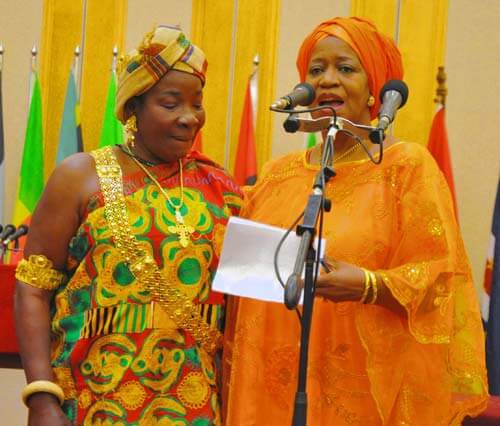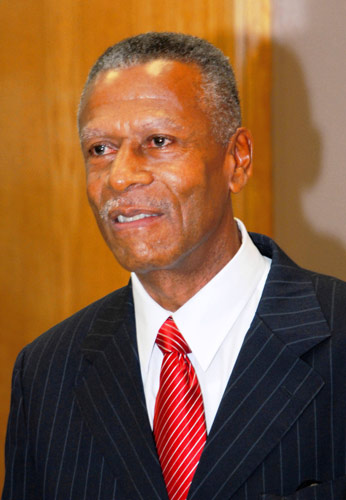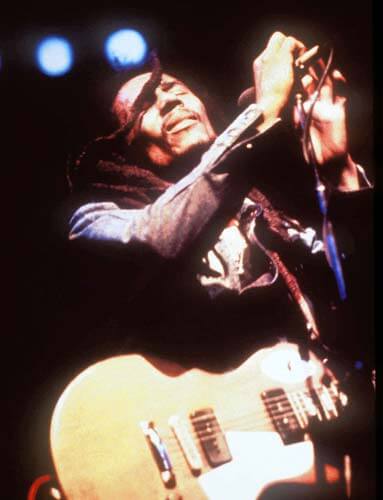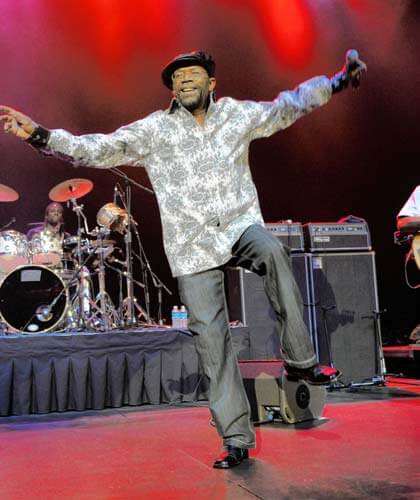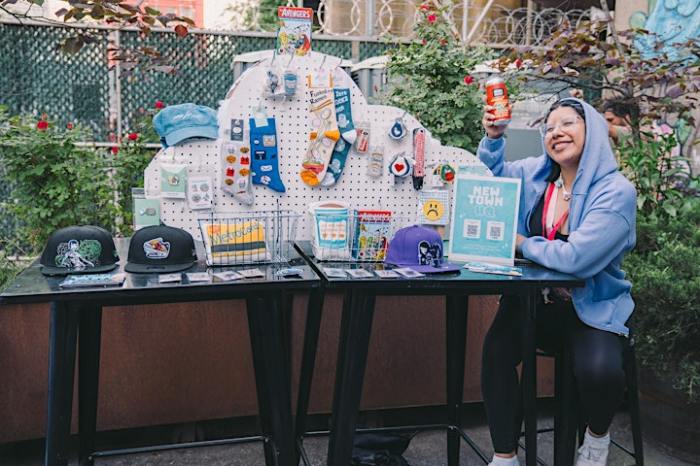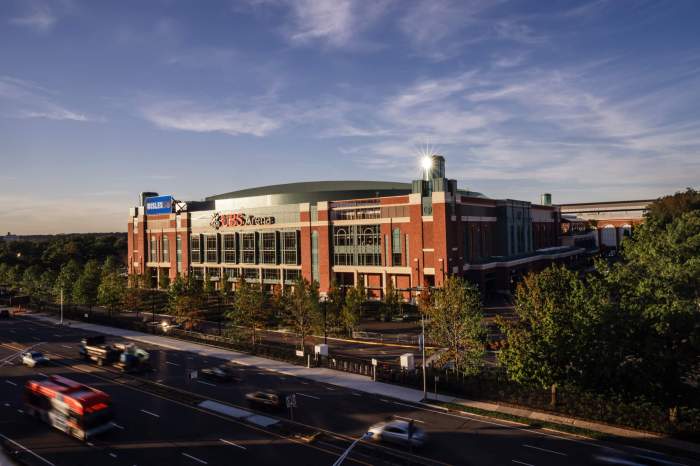The widow of the late Robert “Bob” Marley recently accepted a special African Diaspora award in Lilongwe, Malawi at the 7th Annual Living Legends Banquet.
Attended by President Joyce Hilda Banda, the event was hosted by the African Communications Agency (ACA).
“Rita is one woman who is very proud to be African,” Dr. Erieka Bennett, ACA president/founder said. “She lives in the Bahamas, Jamaica, Ghana and Ethiopia, but she has schools for needy African children in Ghana.”
“I’m very proud to be African, and it’s very nice to be here with so many nice people in community as one people,” Marley said.
The Living Legends Banquet annually honors various outstanding individuals by looking at how well they have represented the African Diaspora.
As Ethiopia stands precariously isolated by neighbors in the region due to its effort to build a water reserve they named the Grand Ethiopian Renaissance Dam, while on the continent the reggae singer joined forces with advocates to promote, support and help raise funds for its construction.
The death of Ethiopian Prime Minister Meles Zenawi this summer, who took power in 1991, prompted her visit to the capital city of Addis Ababa.
Throughout his leadership he lobbied for the construction of a massive 6,000-megawatt hydroelectric dam on the Nile River.
The cost he said would be five billion dollars. He proposed 2017 as the completion date.
Throughout his presidency, Meles built seven small dams on the Nile. But with construction of this GERD, opposition has heightened to include threats by Egypt’s military regime.
An observer claimed: “Cairo fears that once the dam is completed in 2017, it will take two to three years, depending on rainfall, to fill up the 67 billion cubic meter reservoir, which could reduce the amount of water that flows into Egypt by 25 percent.”
“After the reservoir fills up, there is no guarantee that Egypt will maintain its present share of the water, and Ethiopia is already planning multiple agricultural projects on Nile tributary rivers flowing from the Ethiopian highlands.”
Marley is alleged to have admired Meles for his vision of lifting Ethiopia out of abject poverty, an aspiration she reportedly shares.
Briefed on her visit by her Ethiopian representative Dr. Desta Meghoo, the celebrated matriarch received pertinent information related to opportunities and challenges posed by construction of the massive structure.
Afterwards, she expressed solidarity with Ethiopia’s mission to improve standards in Africa.
“We can look forward to electric power that will benefit millions of Ethiopians and help neighboring countries too,” Marley added.
“We have to do this. We have to do this with Ethiopia, for Ethiopia, for Africa. This is about African unity.”
The reggae singer and mother said she is committed to support the nation that spawns the Blue Nile.
It was then that she announced the launch of Africa Unite Ring Back Tone; fine art and photographic exhibition and a black tie banquet.
“Africa Unite” marked an historic occasion in 2005 when Ethiopian led a global birthday celebration for Robert “Bob” Marley. Staged in Addis Ababa, millions packed into Meskel Square to show solidarity with the words and message of the reggae icon.
“How good and how pleasant it will be, before God and man, to see the unification of all Africans…”
The widow re-stated from lyrics penned in song by her famous husband.
On hearing about the project her eldest daughter Cedella offered support saying: “Let’s see how we can help.”
Eldest son David “Ziggy” Marley commented to his mother that “development of Ethiopia was Daddy’s vision and your work.”
With the Marley clan behind her, solidarity with Ethiopia signals confirmation of a unique first time partnership in her decades-long work of aligning and advancing Africa.
Because water is a premium resource, diplomacy factors heavily with any attempt to harness, divert or control natural waterways.
The Blue Nile begins in Ethiopia and flows north contributing about 85 percent of the flow that passes through Egypt to the Mediterranean.
In its path, the Sudan and Egypt receives 90 percent of the flow but countries upstream includes Uganda, Rwanda, Tanzania, Burundi, Republic of the Congo and Kenya also have a stake.
Leaders of those nations have reportedly been trying to dissuade the Ethiopian project while lobbying for a new deal to better serve their populations.
Skeptics in Egypt reportedly said “Millions of people would go hungry. There would be water shortages everywhere. It’s huge.”
The Ethiopian ideal would “lead to political, economic and social instability,” Mohamed Nasr El Din Allam, Egypt’s minister of water and irrigation said.
Marley said she fully realizes that there are many aspects to the dam — environmental, cultural and historical – but significantly acknowledges that its fulfillment would be “good for the people.”
She was slated to meet with a GERD project manager, its engineer Semegnew Bekele and public participation officer; and Deputy Director Ato Zadig Abraha.
“This is a generous offer of solidarity from Mrs. Marley,” Ato Zadig said.
“Ethiopians have taken great pride and responsibility towards building the dam and we welcome friends such as Mrs. Marley who have always stood for Ethiopia and continue to stay with us as we develop.”
Catch You On the Inside!


